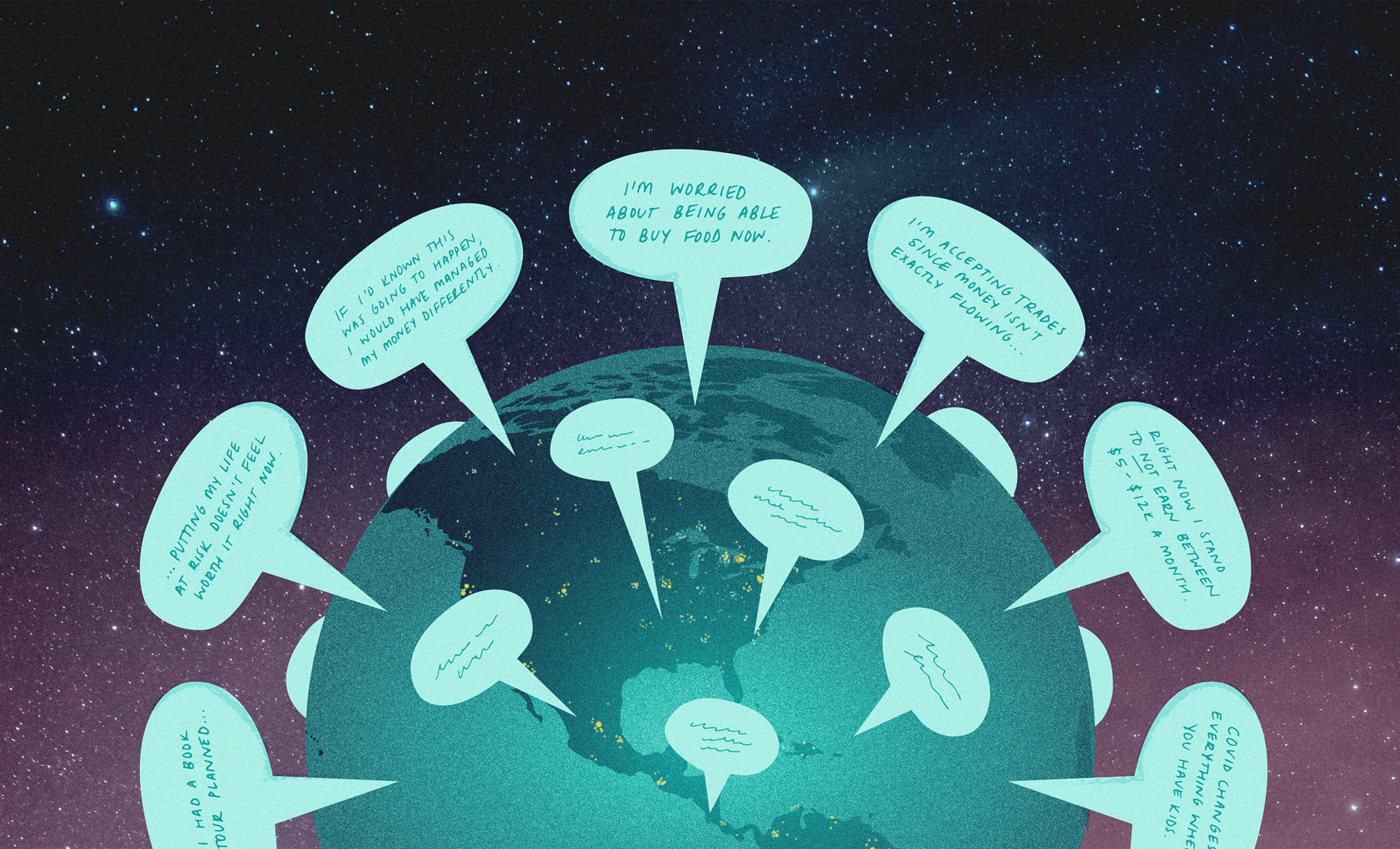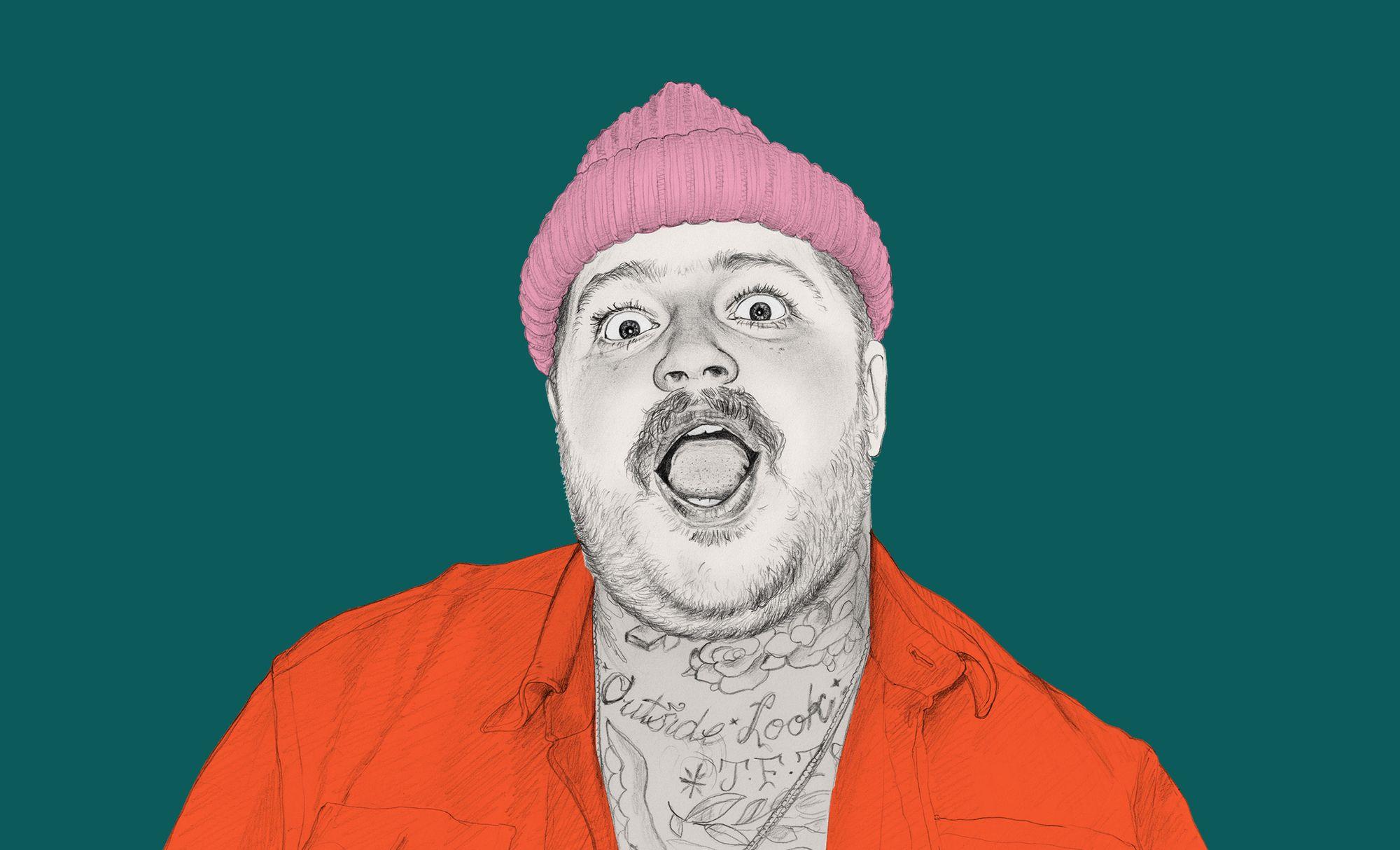
Money Diaries
The Path to Financial Freedom Is a Heart Attack: The Matty Matheson Story
He was 31 years old, an addict, and completely broke. How the chef and host of Viceland’s ‘Deadset on Life,’ got his act together and became a Toronto restaurant legend.
Wealthsimple makes powerful financial tools to help you grow and manage your money. Learn more
Wealthsimple is an investing service that uses technology to put your money to work like the world’s smartest investors. In “Money Diaries,” we feature interesting people telling their financial life stories in their own words.
It was only about six years ago that I was the poorest I’ve ever been. Just completely broke — some of my buddies gave me their old shoes. That kind of broke. But it was for a purpose: I was determined to get out of debt and that was the only way I could do it.
I had never planned to be in debt like that. Obviously. I was from a middle-class family: my dad was an entrepreneur and my mom raised four kids. She kind of ran a daycare out of our house and also worked as a waitress. I grew up in a very normal and very loving family. I knew that we weren’t wealthy, that’s for sure. We would go to restaurants and we would be very frugal with our order. Like one time I remember we went out for dinner and the whole family got one large order of nachos and we all shared. My dad would buy used cars because he knew how to fix them — he was good with cars. We were scrappy, and we moved around a lot, and I loved it. My parents are incredibly loving people. The reason I’m genuinely happy — and, I think, nice — is that my parents are that way. My father would give his last dollar to someone if they asked for it.
When I was growing up, I was very aware of money. Sometimes we had it and sometimes we didn’t. By the time I was in high school, my dad had made a lot of money with one of his businesses. That’s when he started getting Camaros and motorcycles and I just thought that was really cool. That was also around the time the drugs started. It was nothing crazy — high school drugs. ‘Shrooms one weekend, LSD or cocaine the next. And weed — but come on, weed’s not a drug so that didn’t count. I had a little hustle going: buy some weed, roll some joints, sell them for a small profit, and use the profit on more drugs.

Sign up for our weekly non-boring newsletter about money, markets, and more.
By providing your email, you are consenting to receive communications from Wealthsimple Media Inc. Visit our Privacy Policy for more info, or contact us at privacy@wealthsimple.com or 80 Spadina Ave., Toronto, ON.
I was very lucky that my parents could put me through college. And when I dropped out of college and went to culinary school? They paid for that. The summer I graduated, my dad was like, “you have a degree and no debt.” But he also made it very clear I was financially on my own.
My parents never had credit cards. My dad always said, “don’t live beyond your means.” But, instead of listening to him, the second I didn’t have money, I got a Capital One credit card and I started running it like it was my money I was spending on it. Then I got another one. And I was still doing drugs, so I was a drunk, druggy dude, scamming to skip this bill so I could pay that bill.
Then I got a $2000 overdraft line. I lived in that $2000 overdraft for years. If I got a paycheck for $1600, it would go into my overdraft. Then I would take more out of the overdraft, giving money away on fees. Even when my career took off as a chef, I lived in a minus until five years ago. And of course, I was still using drugs — a lot.
It’s funny, I did the drugs the same way I did the credit cards: if you can’t pay your dealer, you find a new dealer. And pretty soon I owed every dealer in town money. I was at the Toronto restaurant Parts and Labour then and I used to invite my dealers into the restaurant. You want a cote du boeuf and a nice bottle of wine? You want to bring your girlfriend in and get the best table? You want to look cool in a busy restaurant? I’ll make you look like a hotshot. Leave me a bag of coke at the end of the night. We’d barter. It’s an industry secret: it happens all over the place. I was hosting a different drug dealer every night for years.
I was 31 when I had a heart attack. I was at home at my house in Toronto, and I remember just thinking a lot about not dying. That’s when I got sober. Something had to change or I was going to die. Four friends took me to a meeting — a kind of intervention. I never drank again. At the time, my wife Trish and I were paying thousands of dollars a month to live in a house — three bedrooms, big yard. But I had this debt, so in my mind I wasn’t free. I took a giant piece of paper and I wrote down a list of every penny I owed every person. And I taped it to the wall of the bedroom — it drove my wife crazy. But there it was. It came to $37,000.
Recommended for you

Cult Animator Carson Mell Decided Making Stuff Was More Important than College
Money Diaries
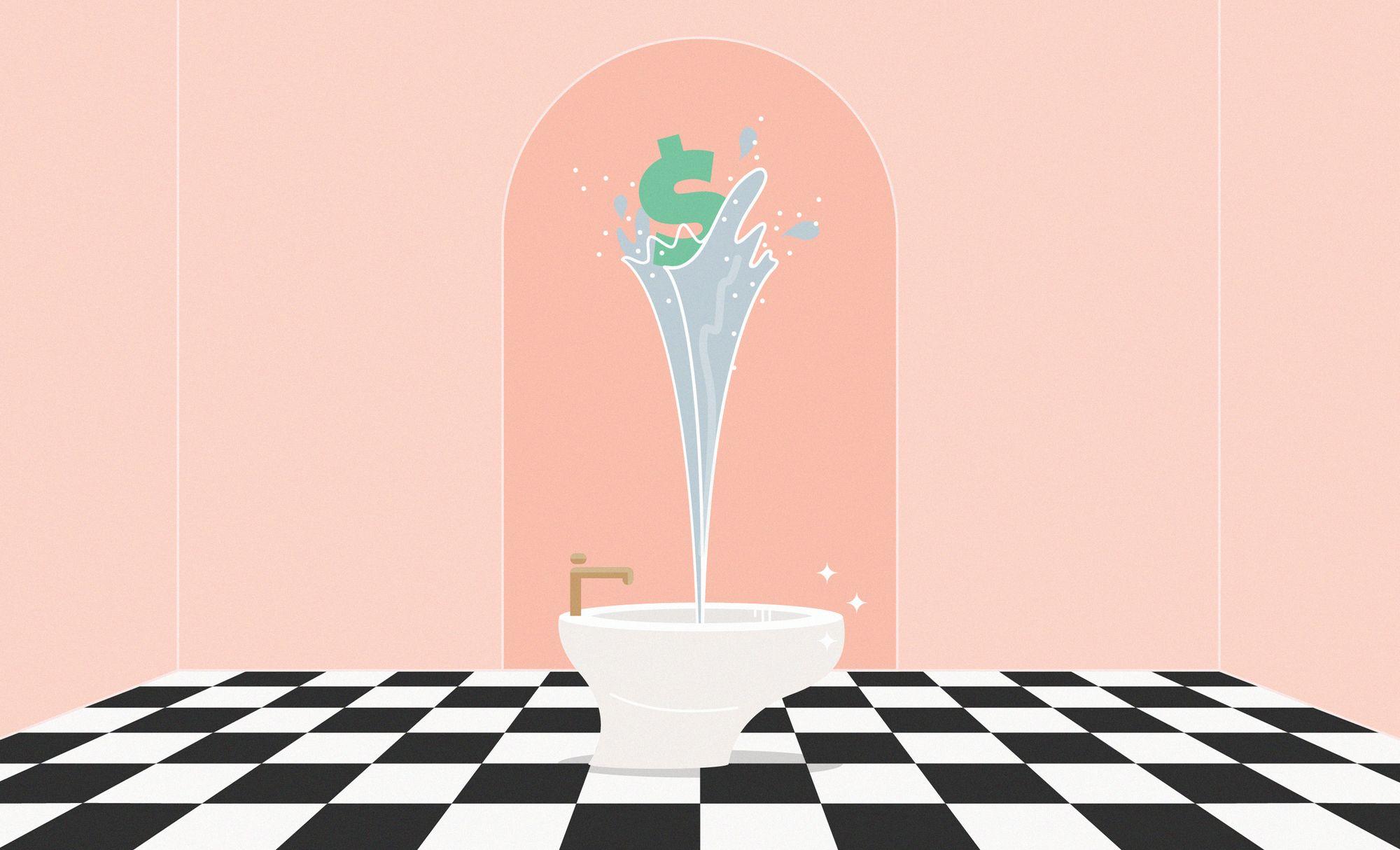
Stories From Our New Economy: Bullish on Bidets Edition
Money Diaries
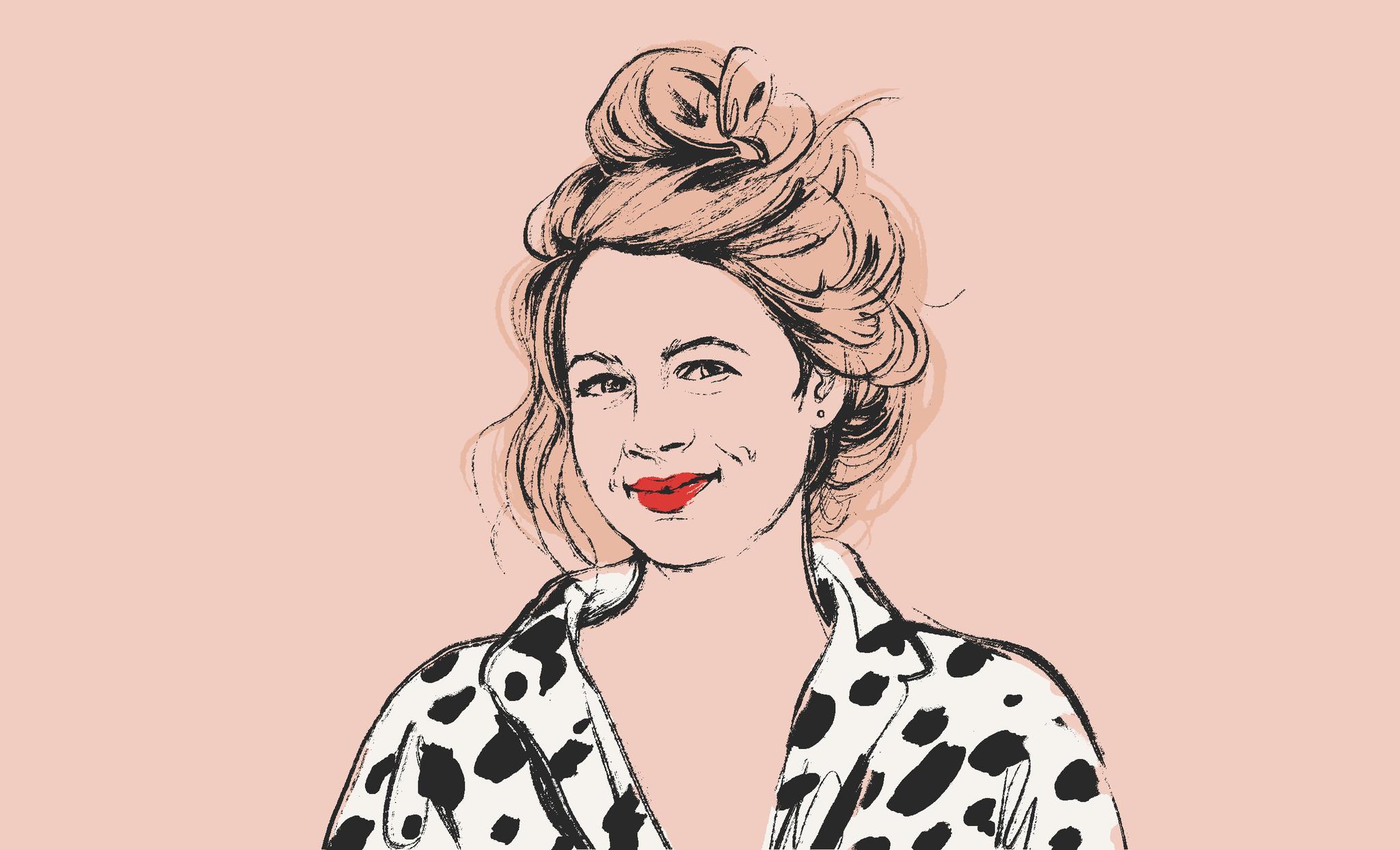
Alison Roman Is the Patron Saint of Home Cooking and Everyone’s at Home
Money Diaries
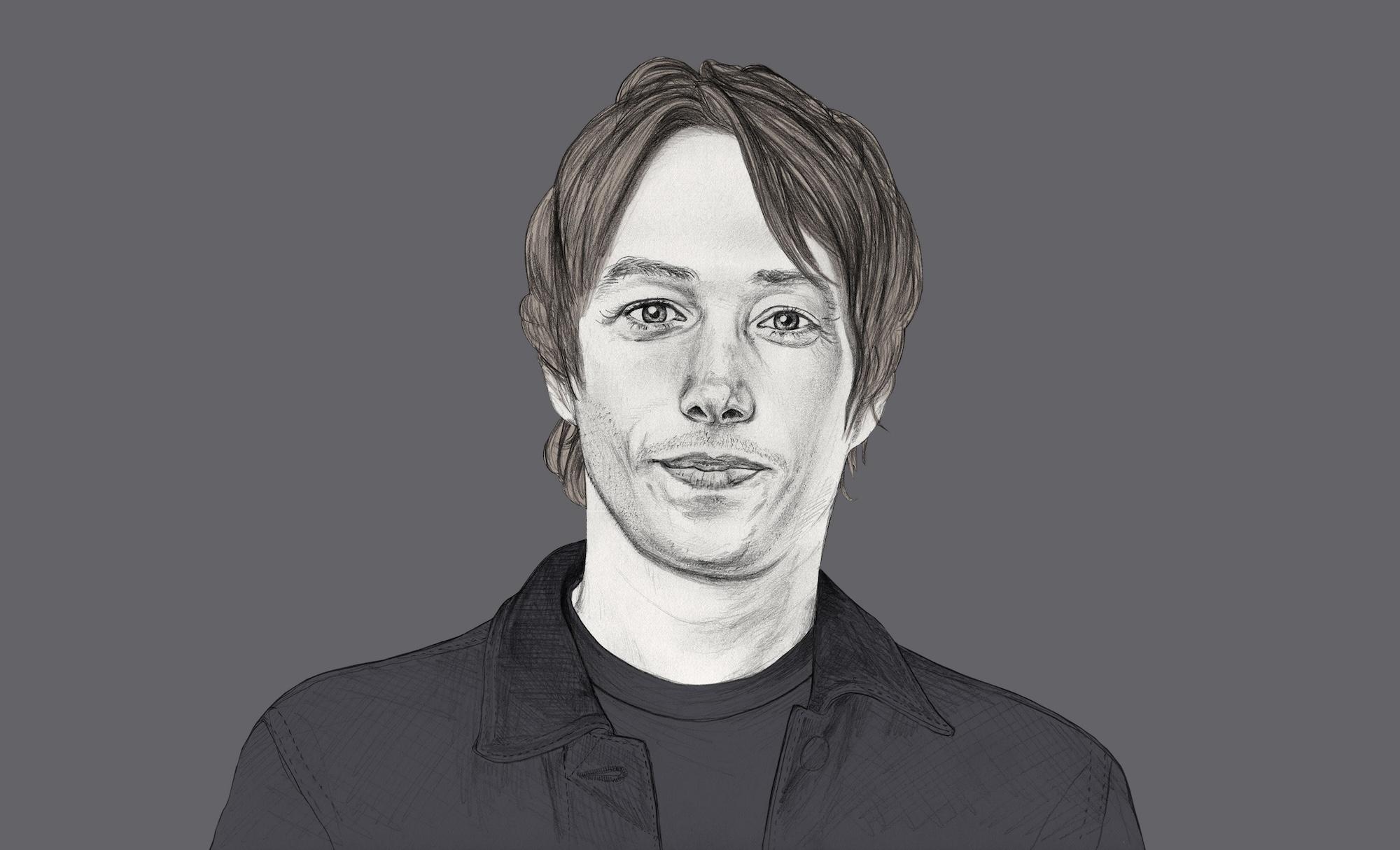
To Win Four Oscars, Sean Baker Had to Go Broke Again and Again
Money Diaries
At the time I was making about $65,000 as the chef at Parts and Labour, and I was like, where is this money going to come from? The way I saw it, my only option was to not spend on anything for a year to pay it all back. Finances are the giant master of us all — so this was me getting to be my own man. I said to Trish, “In the next year, I’m going to be completely debt free.”
So we moved into a small one bedroom apartment and started paying $975 a month in rent. I was the poorest I have ever been. We didn’t spend a penny on ourselves that year and we buckled down hard. And I did it: I paid back every dollar in a year.
That’s when Vice happened: I started doing my show for Viceland. I started doing branded content stuff. My income was about $80,000 the first year I was doing that stuff. In my head, I was thinking, “OK now that I’m no longer in debt, how do I really become my own man? I don’t want to work for anyone ever again, so how do I do that?” I decided, as soon as I have $50,000 saved I’m leaving the restaurant group. I’ll save that money. I’ll buy a house. I’ll quit my job.
About a year later, I did it. I made it to $50,000. I took a screenshot of my account balance and sent it to Trish. I was like, “OK, I’m quitting.” I told the partners I was leaving and said, “Tell me how we can do this and still be friends.” I was the face of the company, but I didn’t own anything. It’s the case with so many chefs: they’re the face, but they have no piece. I wanted my own restaurant.
That was the year I became a real business person. Now I know that anything I do, I want to own. When I started investing in myself mentally it took off. I was aware enough to understand that this content thing was making me more money than the restaurant thing. And I was starting to get recognized around the world.
I’m not with Vice anymore — we just hit a ceiling together. It was very nice and very cool — and see you later. I haven’t made a TV show in a year and a half. But I wrote a book and it became a New York Times bestseller. And I’m doing a spoken word tour, I have a YouTube show that’s coming out, I’m working on a new restaurant on Queen Street. And now I have a full financial team, and a salary. And I own a piece of my work.
Six years ago, I was sneaking around hustling. But I was hustling the wrong hustle, it was the hustle that got me nowhere. But within six years, I’m debt-free, I can pay my bills and have a little extra to help my family. The way I see it, I’m rich. Because I don’t have to check my bank account to fill up the car. If you can pay your bills, you’re rich.
Now I want to start lifting people up — other chefs. So I’m giving chefs ownership from day one. If I believe in someone enough to open a business with them, you better believe I believe in them enough to give them ownership. And I want to keep opening places around the world. At the end of the day, I want to do what I’ve always wanted to do: I want to feed people.
As told to Danielle Pergament exclusively for Wealthsimple; transcript edited and condensed for clarity. Illustration by Jenny Mörtsell.
Wealthsimple's education team is made up of writers and financial experts dedicated to making the world of finance easy to understand and not-at-all boring to read.

